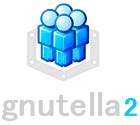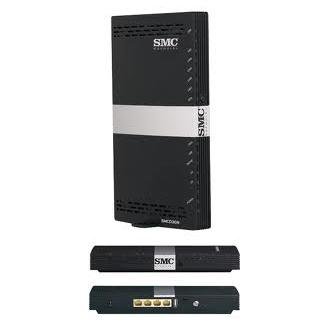Frostwire logo
Limewire was recently closed down in federal court which probably caused crocodile tears in police departments acrsoss the US. Limewire is notorious for pornography. About 30 per cent of the Limewire downloads were porn and a certain per cent of that was illegal porn that pedophiles swap and the police try to find.
Although Limewire is gone, it has been replaced by Frostwire that uses the exact same TCP ports. If your child has Frostwire on their PC, you should be concerned. Frsotwire can also download the faster Torrents.
The police crawl the Gnutella P2P network which provides one of the backbones for P2P file sharing. This means the police can see any P2P files that your child downloads. If your child is continually downloading files, it may be just matter of time before he or she will gets the attention of the police, or the MPAA if your child is downloading copy righted movies
According to Wikipedia, Gnutella is a large peer-to-peer network which, at the time of its creation, was the first decentralized peer-to-peer network of its kind, leading to other, later networks adopting the model. It celebrated a decade of existence on March 14, 2010 and has a user base in the millions for peer-to-peer file sharing.
In June 2005, Gnutella's population was 1.81 million computers and increased to more than three million nodes by January 2006.
In another article, Rightardia mentioned that file sharing should be disabled for P2P programs like Frostwire. This will prevent the police from crawling your child's file sharing folder. However, if your child is downloading Torrent files, these files have embedded trackers that do not require a shared folder for other P2P users including the police to acquire the file your child had just downloaded.
You can disable ports on your home router or cable modem to disable P2P file sharing and to impede the downlaod of torrents.
You can also block file sharing on your home router or cable modem. Here is the way an SMC firewall is configured to block P2P sharing on the LAN side of a network;
click to enlarge
Once your cable modem is in bridge mode he cable company will no longer be able to intrude into your home network, but you will have to configure a firewall and/or wireless router that you now control.
This is necessary because the major cable providers are cooperating with both the MPAA and the RIAA. When Rightardia installed Peerblock software, Wirehead noticed that trackers were showing up on TCP ports that the Brighthouse SMCD3GN firewall should have been blocking.
BrightHouse has crippled the SMCD3GN router
Peerblock indicated otherwise after we started a file sharing program. All we can assume is that BrightHouse has opened these TCP ports because it has been co-opted by the MPAA and the RIAA to avoid lawsuits and allow corporate and government trackers into home networks.
Wireless is now a dicey proposition because hackers have been able to break into WPA2 wireless routers that use the Advanced Encryption Standard (AES) encryption. This means wireless routers that are correctly configured are no longer secure. Hackers are using video card graphic processing units (GPU) to break the AES encryption.
In the past, a hacker could sit nearby outside your home with a Pringle can antenna to break into your home's wireless network. They can now break into home with advanced antenna from more than a mile away.
If you aren't using wireless in your home, it is best to disable it.
Subscribe to the Rightardia feed: http://feeds.feedburner.com/blogspot/UFPYA Netcraft rank: 6627 http://toolbar.netcraft.com/site_report?url=http://rightardia.blogspot.com

Rightardia by Rightard Whitey of Rightardia is licensed under a Creative Commons Attribution 3.0 Unported License.
Permissions beyond the scope of this license may be available at rightardia@gmail.com.



No comments:
Post a Comment